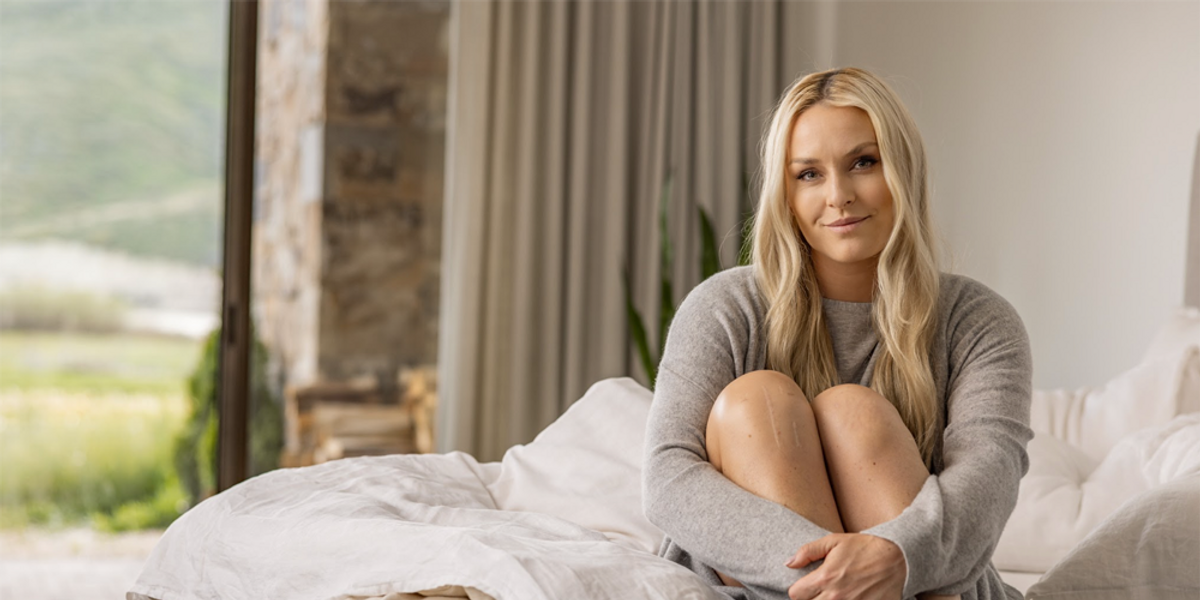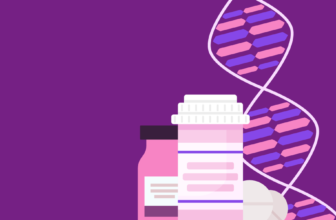
[adinserter block=”3″]
As told to Erica Rimlinger
March is Sleep Awareness Month.
Have you ever counted sheep to fall asleep? My approach was a little different on nights before big races. I’d shut my eyes and instead of counting sheep, I’d start counting gates in a race course. I’d visualize the downhill course from the starting gate to the finish line. I’d arc every turn and fly over every jump — unless, in my mind, I fell. Then I’d start from the top and ski it again, and again, and again, until the repetition lulled my mind and body off to sleep.
That was before my knee injury in 2013. Before I got hurt, I had a great relationship with sleep. I’d internalized my father’s advice about how restorative sleep habits and long, quality sleep contribute to peak athletic performance. Sleep was just as important, my father said, as training and nutrition. I trusted his advice, of course, but I didn’t realize how right he was until, literally overnight, I seemed to lose my natural ability to fall asleep and stay asleep.
Maybe I couldn’t fall asleep because of the pain. Or maybe it was from the stress of suffering a major injury the season before the Olympics. I think both played a part, as well as the overall shock to my physical system. I’d gone from all-day, full-on exertion and training to measured, careful physical activity in rehabilitation. Instead of sleeping, I lay in bed and wondered if I would be able to recover fast enough.
My inability to sleep fed my worry … about my inability to sleep. Trouble sleeping caused more trouble sleeping. I didn’t know which came first — and it didn’t matter. It was a vicious circle that turned all night, compounding and gaining force like a snowball rolling down a ski slope. Even on nights when I could fall asleep, I’d wake up too early and the snowball would start rolling from the top again.
I noticed the effects of sleeping poorly on my body and my mind. I’d spend the day drowsy and, sometimes, I was unable to focus. I tried to pay down my sleep debt by taking naps, but, in retrospect, I think that only messed up my circadian rhythms and hurt more than it helped. I tried changing the things that were within my reach to change. I adjusted my diet, cutting down sugar. I practiced good sleep hygiene by setting a regular schedule and avoiding TV before bed. I tried taking over-the-counter medication. None of it worked. In the wee hours of the morning, after giving up on sleeping, I could be found rewatching and analyzing ski videos. Unlike the visualizations before my injury, these didn’t help me sleep.
Lindsey Vonn in action, 2023 (Photo/Bo Bridges)
I pushed through, naturally. I’m an athlete. It’s what I do. My drive is a gift I’ve inherited and learned from so many of my family members. My mom, dad, grandfather and grandmother, in particular, inspired me and showed me what strength and grit really are. Behind this drive was my genuine love for my sport and an intense desire to ski. Insomnia, injury and, later depression, tried to knock me down and prematurely end my career. They didn’t. I fell, I got up and I kept going.
I retired from skiing in 2019. Retirement itself was a huge adjustment — and then the pandemic started. I think those were the hardest times I’ve ever experienced, but I realized I could use this critical time to learn and grow. I made self-care a priority, for both my mental and physical health. Thankfully, I had the time to reach out to my doctor and get the help I needed. My doctor prescribed a medication for me that works differently than some other types of sleep medicines, and it helped. After nearly a decade of trouble sleeping, I’m grateful to have found an insomnia treatment that works for me, and I’m in a great place now.
Whether you’re racing down a mountain or simply spending time with family, I’ve learned that having a well-rested body and mind is a huge component of being well. And if you’re a woman experiencing insomnia, I know how hard it is. I hope sharing my experience will feel like a hug of support from afar — and I hope my speaking out will inspire other women to seek the help they deserve. Help is available, so never settle for not feeling your best.
Have a Real Women, Real Stories of your own you want to share? Let us know.
Our Real Women, Real Stories are the authentic experiences of real-life women. The views, opinions and experiences shared in these stories are not endorsed by HealthyWomen and do not necessarily reflect the official policy or position of HealthyWomen.
Related Articles Around the Web
[adinserter block=”3″]
Credit : Source Post






